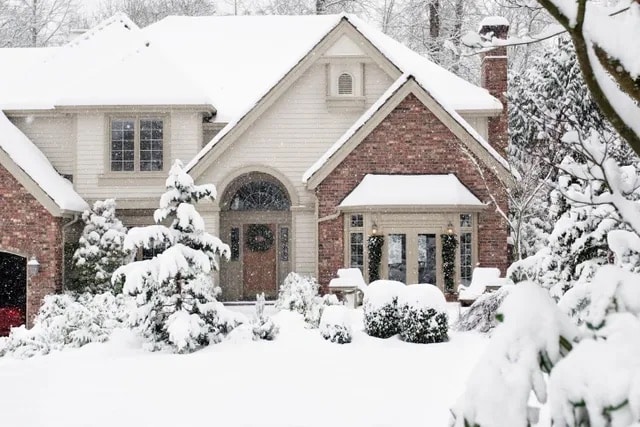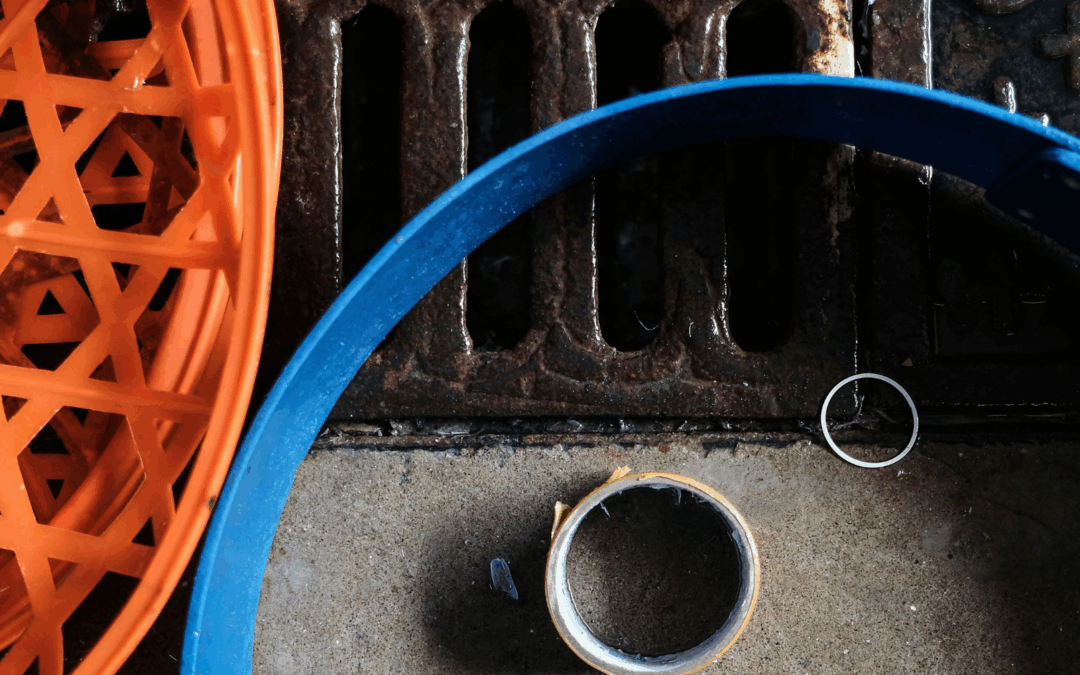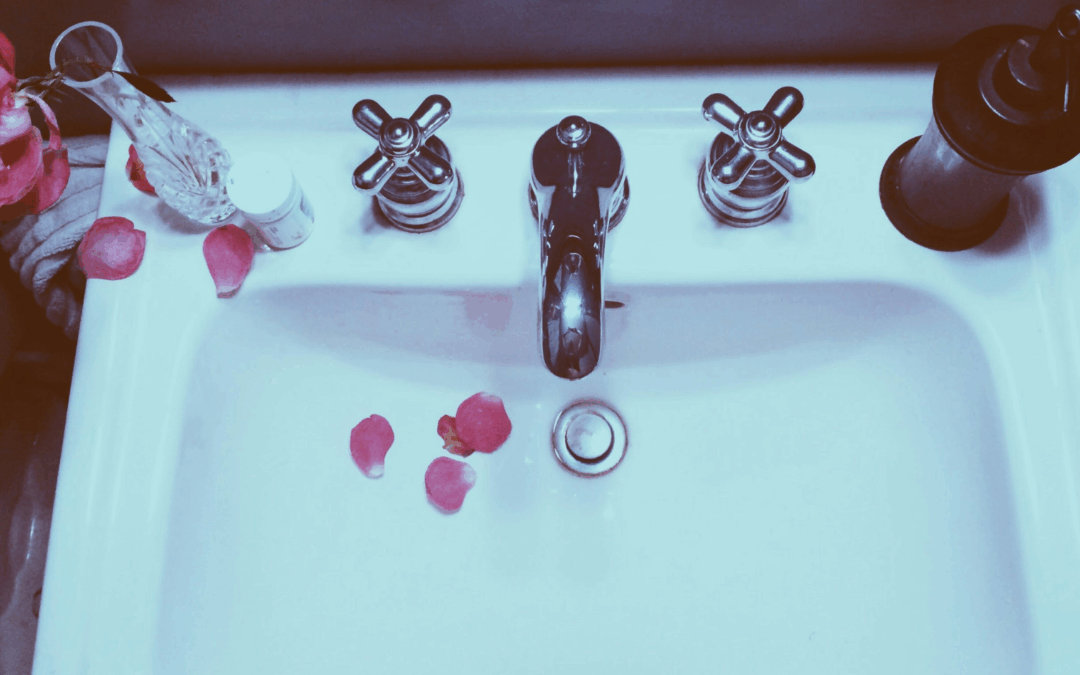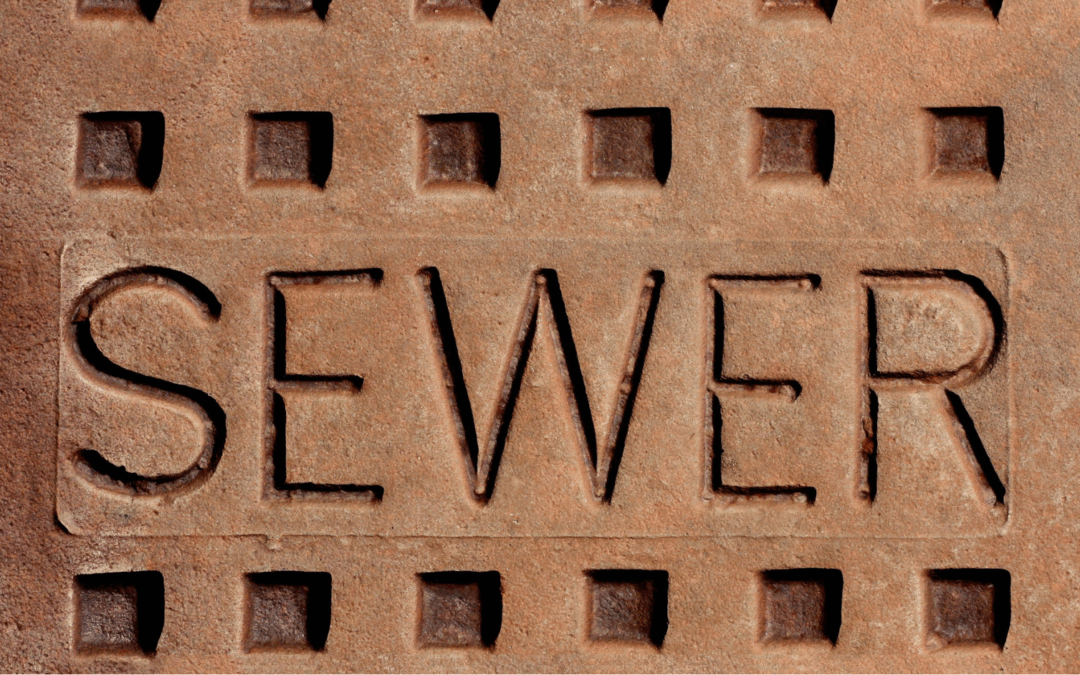It’s that time of year again when the leaves start to change color, and the temperature drops. That means it’s time to winterize your house! This guide will teach you everything you need to know on how to winterize a house, from insulating your home against the cold weather to protecting your plumbing from freezing temperatures. Follow these tips, and you’ll be able to keep your house warm and comfortable for the entire winter!
What Does It Mean To Winterize A House?
When you winterize your house, you’re taking steps to protect it from the cold weather. This can involve anything from adding insulation to your walls and attic to winterizing your plumbing. By carrying out these measures, you’ll be able to keep your home warm and comfortable all winter long, even when the temperatures outside are below freezing.
There are several ways to winterize your home, but we will focus on the most common and effective method: winterizing your plumbing.
Schedule Service Online
Get a free estimate so you know what you're signing up for
"*" indicates required fields
For Emergency Services Call: 410-255-9300
How To Winterize A House
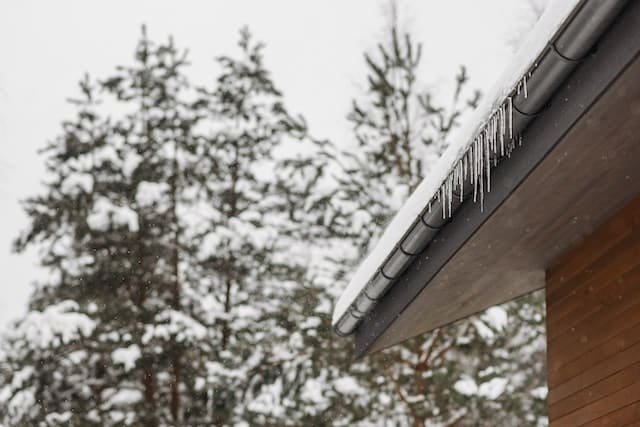
One of the most important things you can do to winterize your house is to winterize your plumbing. Below are steps to winterize your house’s plumbing to prevent frozen pipes.
1. Drain All Water From Your Plumbing System
This includes turning off the main water supply to your home and draining all the water from your pipes. This can be done by opening all your faucets and running the water until it is no longer coming out.
2. Add Antifreeze To Your Plumbing System
Once all the water has been drained from your pipes, you’ll need to add antifreeze. This will help prevent your pipes from freezing and bursting in the winter.
3. Insulate Your Pipes
This will help keep your pipes from freezing in the winter. Whether or not you turn off your water, it is a good idea to wrap insulation around your pipes, such as the ones leading to and from your water heater. It is advisable to buy good quality insulation as it will better protect your pipes and last longer. This is a foam pipe insulation kit that can be slipped on the pipe without disconnecting the pipe.
When you insulate pipes, especially those that run through uninsulated areas and along exterior walls, you help prevent the surrounding cold temperatures from freezing the water within. When pipes freeze, damage often results, leading to leaks and burst pipes. Frozen pipes are the most common cause of plumbing problems in winter.
4. Winterize Your Outdoor Faucets And Hose Bibs
This will help prevent your outdoor faucets and hose from freezing and bursting in the winter. You can do this by disconnecting your hoses from your outdoor faucets and draining all the water from them. Once they are dry, add silicone grease or petroleum jelly to the threads to help lubricate them and prevent rust.
You can then cover your outdoor faucets and hose bibs with insulating covers to help protect them from the winter weather.
5. Open Your Cabinets
When cold air blows across a room, it can cause the warm air near the ceiling to cool and fall. This can cause your pipes to freeze. To prevent this, open your cabinet doors to allow the warm air to circulate your plumbing.
6. Fix Cracks And Gaps In Your Exterior Walls
Another winterizing tip is to caulk any cracks or holes in your exterior walls. This will help prevent cold air from coming into your home and will also help insulate your home. You can also install weather stripping and seals for an additional heat loss protection method.
7. Winterize Your Sprinkler System
If you have an automatic one, you’ll need to winterize it before the season’s first frost. This involves draining all the water from the system and adding antifreeze to the pipes to prevent them from freezing.
8. Let Water Drip A Little From Your Faucets
This winterizing tip can help prevent your pipes from freezing. When water freezes, it expands, and this can cause your pipes to burst. By letting your faucets drip, you’ll help relieve pressure from the frozen water in your pipes and will also help keep them from freezing.
9. Keep Your House Warm
One of the best ways to winterize your house is to keep it warm. This will help prevent your pipes from freezing and will also help save on energy costs. You can do this by setting your thermostat to at least 68 degrees Fahrenheit. You can also use space heaters to help keep your house warm.
Other Ways To Winterize Your Home
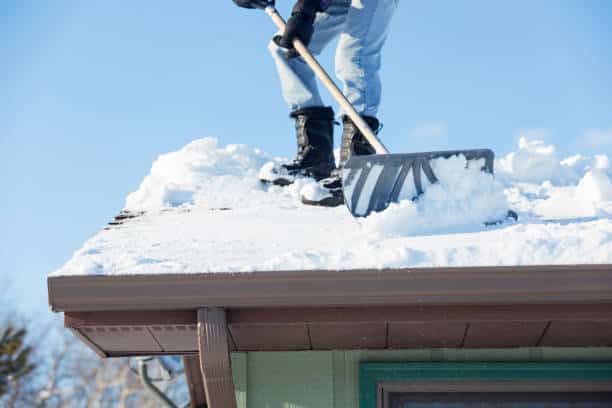
1. Install A Programmable Thermostat
A programmable thermostat will allow you to set your thermostat to a lower temperature when you’re not home and automatically raise the temperature when you are home. This will help you save energy and money in the winter.
Likewise, keeping your thermostats at a consistent temperature will help winterize your home more effectively. Get a water flow sensor and low-temperature sensor installed on your main water supply pipe and hook them up to a 24/7 monitored alarm system or connect to your smartphone. These sensors will alert you about problems while you’re away.
2. Clean Your Gutters
Cleaning your gutters will help keep the water flowing freely and will help prevent ice dams from forming on your roof. Ice dams can cause water to back up under your roof shingles and damage your home’s interior. Clean gutters will also allow melting snow to drain properly.
3. Ensure Your Attic Floor Is Insulated
Adding insulation to your attic is a great way to keep your home warm in the winter. It will also help you save money on your energy bills. Additionally, insulating your attic will keep the heat from escaping through the roof and help prevent ice dams from forming. Ensure your attic and basements have enough insulation to help counteract heat loss.
4. Winterize Your Windows
This will help keep the cold air from coming into your home and will also help insulate your home. You can do this by installing storm windows or window insulation film. Storm windows will help keep the cold air out, and window insulation film will help reduce the amount of heat that escapes through your windows.
5. Bleeding Your Radiators
This winterizing tip is essential if you have a hot water heating system. Bleeding your radiators will help remove any air bubbles trapped in the radiator system. This will help improve the efficiency of your heating system and prevent your radiators from making noise when they heat up.
6. Have Your Heating System Serviced
This will help ensure that your heating system is operating correctly and efficiently. It’s a good idea to have your heating system serviced at least once a year before the winter season starts. This will help you avoid any problems that may arise during winter.
8. Check Your Smoke And Carbon Monoxide Detectors
It’s essential to check your smoke and carbon monoxide detectors monthly to ensure they’re working correctly. This is especially important in the winter when your home is closed up, and there’s less ventilation. Smoke and carbon monoxide can build up quickly in a house with poor ventilation and can be deadly.
9. Reverse The Direction Of Your Ceiling Fans So It Runs Clockwise
This winterizing tip will help circulate the warm air that has risen to the ceiling back down into the room. This will help keep your room warmer and will also help save on energy costs, even in extreme winter weather.
10. Prepare For Emergencies
It’s always a good idea to be prepared for emergencies. This is especially important in the winter when weather conditions can be more severe. A winter emergency kit will help you be ready for any situation. Your winter emergency kit should include food, water, blankets, warm clothing, and a first aid kit. Also, keep some extra gasoline on hand for your snow blower, and have a few snow shovels handy in case you need them.
Concerns During Winter
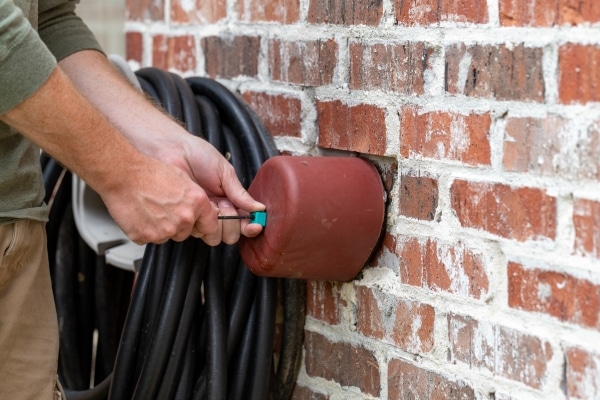
Protect Your Home From Ice Dams
Another concern during the winter is ice dams. Ice dams form when the heat from your home melts the snow on your roof. This melted snow then runs down to the colder edges of your ceiling and freezes. The ice dam forms a barrier preventing the melting snow from draining off your roof. This can cause the water to back up under your shingles and damage your home’s interior.
Preventing ice dams is important in winterizing your home. You can do this by adding insulation to your attic, installing storm windows, and ensuring that your gutters are clean and free of debris.
Beware of Carbon Monoxide Poisoning
Another concern during the winter is carbon monoxide poisoning. Carbon monoxide is a colorless, odorless gas that can be deadly. It is produced when fuel is burned in appliances such as furnaces, stoves, and generators. If your home is not adequately ventilated, carbon monoxide can build up and cause poisoning.
To prevent carbon monoxide poisoning, you should have your heating system serviced by a professional before the winter season. You should also install carbon monoxide detectors in your home and check them monthly to ensure they are working correctly.
Watch For Signs Of Hypothermia And Frostbite
Hypothermia and frostbite are two other dangers during the winter. Hypothermia occurs when your body temperature drops below 95 degrees Fahrenheit, and frostbite occurs when your skin freezes. Both conditions can be deadly.
To prevent hypothermia and frostbite, dress warmly in layers of clothing when you go outside. Also, drink plenty of fluids to stay hydrated and avoid alcohol, which can cause your body temperature to drop. If you experience any signs of either condition, seek medical attention immediately.
Conclusion
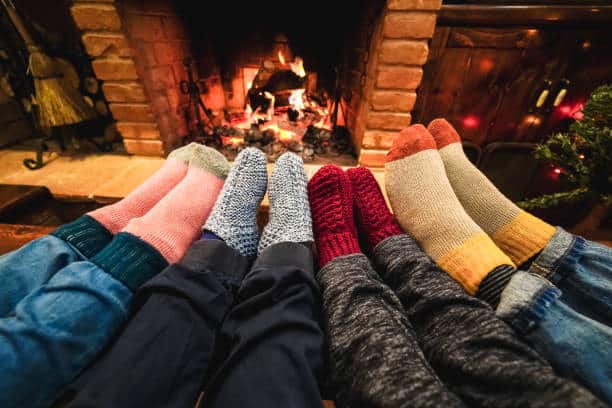
Winterizing your home is a necessary task to help protect it from the cold weather and prevent any damage that could occur. By following these tips, you can winterize your home quickly and easily. Having a plumber winterize your home’s plumbing is vital as having your heating system serviced by a professional before the winter season.
You should also install carbon monoxide detectors in your home and check them monthly. Finally, watch for signs of hypothermia and frostbite, and dress warmly when you go outside. These winterizing tips can help keep your home safe and comfortable all winter.
Need A Plumber?
If you need a plumbing winterization kit or any other winterizing supplies, please Contact us! We would be happy to help you winterize your home and keep your family safe all winter long!

